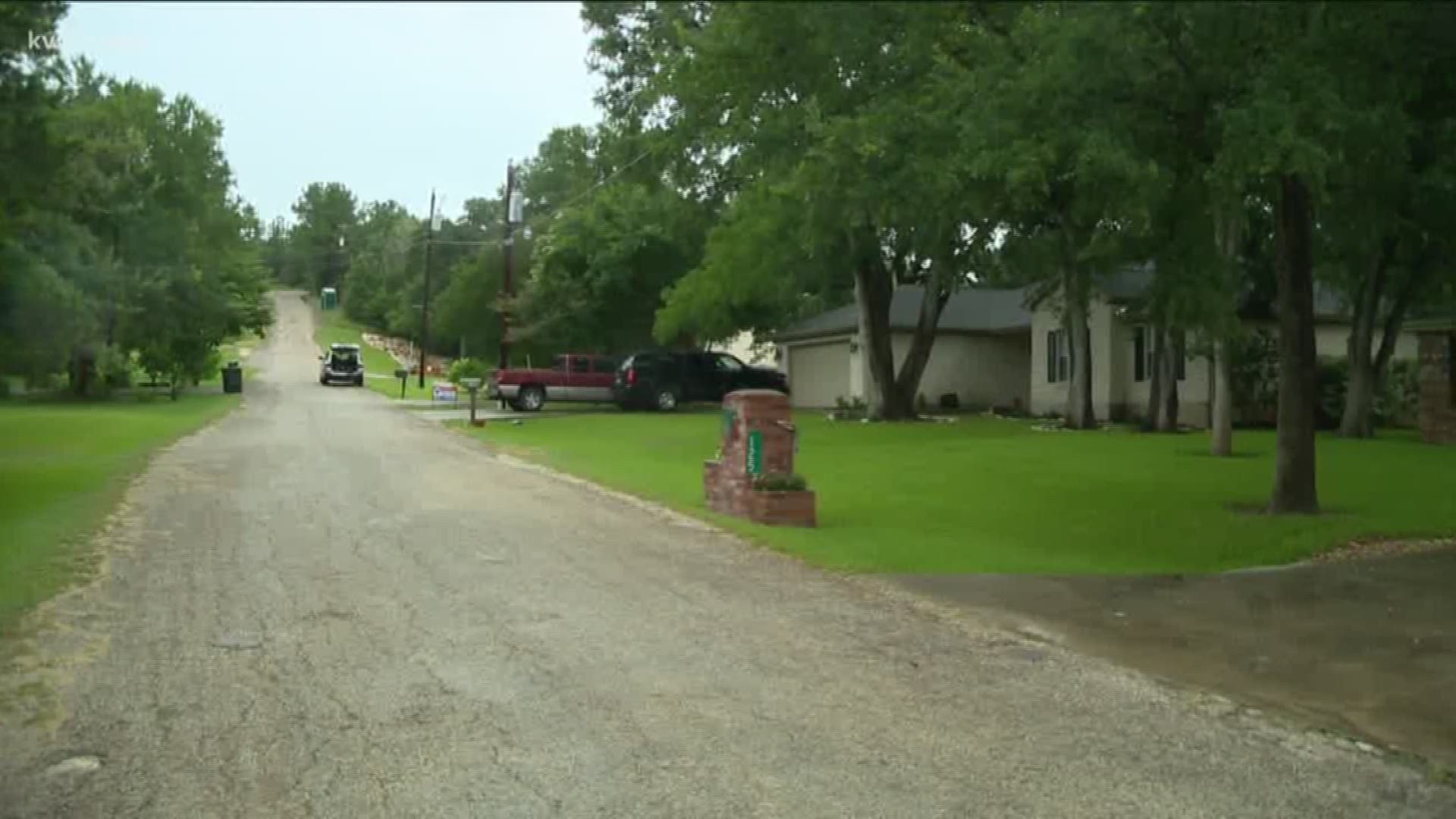AUSTIN, Texas — The Senate Committee on Property Taxes voted Monday afternoon to send an amended version of Senate Bill 2 (SB2) to the full Senate for a vote.
SB2 would reduce how much cities, counties and other taxing entities can increase property taxes without the option of an election from eight percent to 2.5 percent. That rate is known as the rollback rate.
The bill would also trigger an automatic election if an entity wants to increase the rate by more than 2.5 percent. Currently, if an entity increases taxes by more than the rollback rate, voters have a right to petition for an election.
Before voting SB2 out of committee, the senators approved 15 amendments, most of which were administrative. One amendment would get rid of the term "rollback rate" itself.
Senator Paul Bettencourt (R-Houston), who is the author of SB2 and chair of the Senate Committee on Property Taxes, said most people don't know what the term means. So under the bill, the rate would be called the "voter-approved rate." Bettencourt said this made sense considering voters would have to approve any rate more than 2.5 percent.
Another amendment would allow voters in smaller communities to opt into the change in rate. As the bill is written now, the 2.5-percent cap only applies to taxing entities that collect more than $15 million a year.
Senator Juan "Chuy" Hinojosa (D-McAllen), the lone Democrat on the committee, countered by asking if larger communities would be able to opt out of the 2.5 percent. Senator Kelly Hancock (R-North Richland Hills) argued the bill already allows larger cities to opt out because voters can approve a higher rate.
RELATED:
Another amendment approved by the committee was described by Sen. Bettencourt as a direct result of testimony made by reps for the City of Austin last week. It prohibits cities and counties from changing the current pay of first responders if SB2 becomes law.
"Look, this bill doesn't reduce the City of Austin's budget. It slows the rate of growth," said Bettencourt. "So we don't want to have local entities trying to pit somehow that slowing the rate of growth in the future is somehow constraining the pay of the existing employees now today, because they're already fully funding it."
Bettencourt said he was appalled by the statements Austin leaders said, suggesting they would have to renegotiate labor contracts with firefighters because the City would bring in less money.
Bettencourt acknowledges if SB2 becomes law, the state will have to put billions more into funding public education. He said SB2 is just one part of the reforming property taxes in Texas and that he is looking forward to seeing the school finance reform legislation that will come from Senator Larry Taylor and Representative Dan Huberty.
Because Governor Greg Abbott declared property tax reform an emergency item in his State of the State address, senators don't have to wait until the 60th day of session to vote on SB2. But Senator Bettencourt said Monday he will have to talk with his colleagues to see if there is enough support to pass the bill out of the full Senate.
RELATED:

